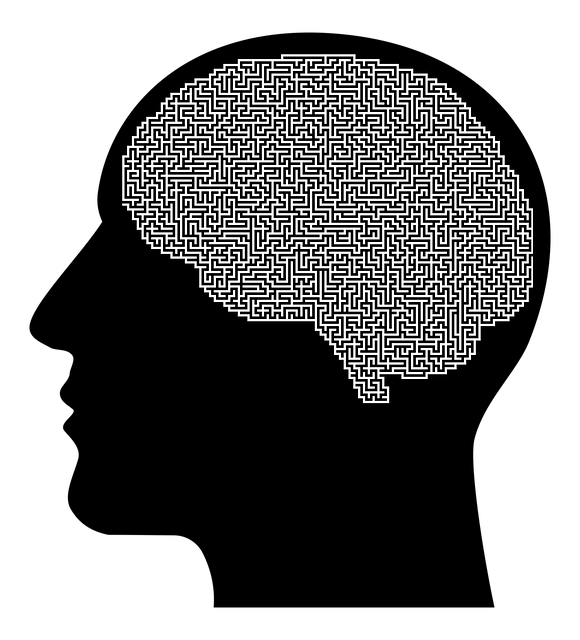Risk Assessment in OCD Therapy for Adults: Mental health professionals treating adults with OCD must prioritize cultural sensitivity, burnout prevention, and effective conflict resolution. They should employ structured cognitive-behavioral therapy, integrate self-care tools like podcasts, and regularly assess progress to create a supportive environment. Tailoring treatments to diverse cultural backgrounds and using evidence-based practices are key to managing OCD risks and enhancing patient outcomes.
Mental health professionals regularly confront complex risks within their practice, particularly when treating conditions like Adult Obsessive Compulsive Disorder (OCD). This article delves into the critical area of risk assessment, exploring its significance in mental health care. We’ll examine specific considerations unique to OCD therapy, such as understanding and mitigating obsessive-compulsive behaviors. Additionally, we provide strategies to enhance safety protocols, ensuring effective yet secure treatment for individuals battling this challenging disorder.
- Understanding Risk Assessment in Mental Health Practice
- Specific Considerations for OCD Therapy
- Strategies to Enhance Safety and Mitigate Risks
Understanding Risk Assessment in Mental Health Practice

Risk assessment is a critical component of mental health practice, particularly when working with individuals suffering from complex conditions like Obsessive Compulsive Disorder (OCD). In the context of therapy for adults with OCD, understanding risk factors and implementing thorough assessment strategies are essential to ensure patient safety. Mental Health Education Programs Design often emphasize the importance of identifying potential hazards, including suicide risks, self-harm, or exacerbation of symptoms, which can arise during treatment.
Cultural sensitivity in mental healthcare practice also plays a significant role in risk assessment. Professionals must be aware of cultural nuances and beliefs that may influence a patient’s presentation and response to therapy. For instance, individuals from diverse backgrounds might express distress through different behaviors or use unique terms for describing symptoms related to OCD. By incorporating Cultural Sensitivity in Mental Healthcare Practice, mental health professionals can provide more tailored interventions and better support their clients’ emotional regulation during the assessment process.
Specific Considerations for OCD Therapy

When assessing risks for mental health professionals specializing in Therapy for Adults Obsessive Compulsive Disorder (OCD), several specific considerations come into play. These therapists often deal with clients facing intrusive thoughts and repetitive behaviors, which can be both challenging and emotionally taxing. Burnout prevention is paramount due to the high-stress nature of this work; regular self-care practices and effective stress management techniques are essential tools for healthcare providers.
Moreover, cultural competency training plays a crucial role in ensuring sensitive and effective treatment. Mental health professionals must be adept at navigating diverse client backgrounds, incorporating appropriate cultural references, and tailoring their approach to avoid potential triggers. Additionally, conflict resolution techniques are invaluable for managing the dynamic between therapist and client, fostering a safe and supportive environment conducive to OCD therapy.
Strategies to Enhance Safety and Mitigate Risks

Mental health professionals play a vital role in fostering mental wellness and coping skills development for their clients. To enhance safety and mitigate risks, therapists can incorporate several strategies into their practices. One effective approach is to create structured therapy sessions tailored to individual needs, particularly for conditions like Obsessive Compulsive Disorder (OCD). By offering personalized treatment plans that include evidence-based techniques such as cognitive-behavioral therapy, professionals can help adults manage symptoms and improve their overall emotional regulation.
Additionally, integrating a Mental Wellness Podcast Series Production into therapeutic routines can be beneficial. These podcasts often provide valuable resources and coping mechanisms, allowing clients to engage in self-care between sessions. Regular check-ins and progress assessments ensure that the treatment remains effective and adaptable to evolving needs. Such proactive measures contribute to a supportive environment, empowering individuals to navigate their mental health journeys with increased resilience.
Mental health professionals play a vital role in treating complex conditions like Obsessive Compulsive Disorder (OCD) in adults. Effective risk assessment is essential to ensure safe and successful therapy outcomes. By understanding the specific considerations unique to OCD treatment, therapists can implement strategies to enhance patient safety while mitigating potential risks. This comprehensive approach ensures that individuals seeking therapy for OCD receive the highest quality of care.














